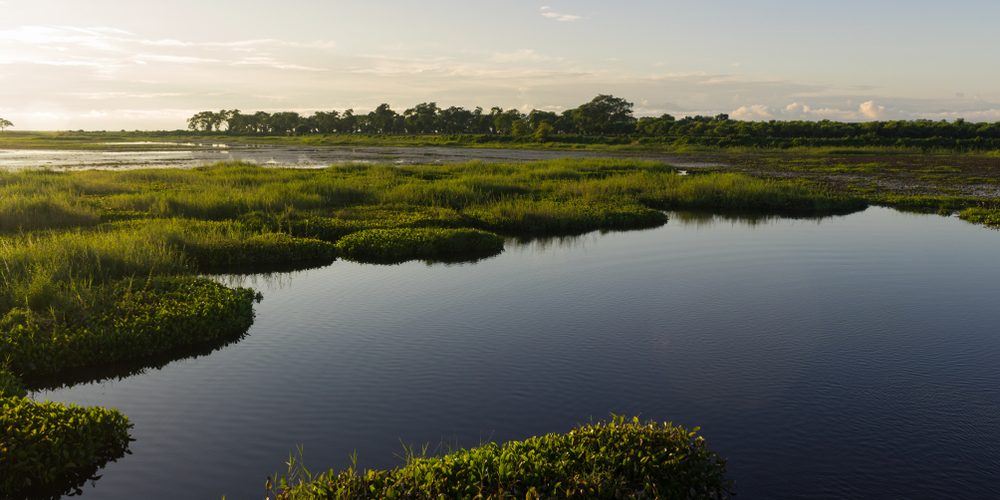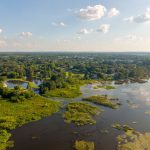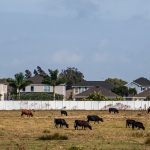Navigating New Waters: How the Latest WOTUS Rules Impact the Mitigation Banking Industry
Hello, everyone! I’m Victoria Bruce, your trusted guide through the labyrinthine world of wetland mitigation and habitat conservation banking. I’ve dedicated my career to making the mitigation process more streamlined and accessible, and I’m here today to discuss the significant policy shifts we’ve seen with the Environmental Protection Agency’s (EPA) new Waters of the U.S. (WOTUS) rules.
What’s New with WOTUS?
On August 29, 2023, following a Supreme Court ruling, the EPA announced a revised definition for WOTUS, which has major implications for landowners, environmentalists, and industry stakeholders like us. Two critical changes were highlighted:
- The requirement that wetlands protected under the Clean Water Act must have a continuous surface connection to navigable waterways.
-
The removal of the highly debated “significant nexus” test; which was highly ambiguous on how to evaluate waters (tributaries, ponds, etc..) and wetlands, either separately or collectively.
Therefore, this revised rule expands the number of isolated wetlands not regulated by the USACE under the CWA.
Why I Support the New Rules
Let me be clear: these changes will undoubtedly affect some of our stakeholders in various ways. However, I believe this is a positive step forward for the mitigation banking industry. The previous ambiguity around the “significant nexus” test made it challenging for buyers and sellers of mitigation credits to navigate the system efficiently. By eliminating this test, we are moving towards a more straightforward evaluation of wetland impacts.
Good News for Landowners and Ag Stakeholders
One significant upside to these changes is that private property is now better protected against unwarranted governmental intrusion. This is a relief for landowners who often find themselves entangled in complicated red tape when it comes to property development.
A Continuous Journey
WOTUS has been a rollercoaster ride over the past 50 years, with varying interpretations across different administrations. While some voices in the industry, such as Ted McKinney of the National Association of State Departments of Ag (NASDA), feel that the revised rule is lacking, I see this as a step towards a more transparent and accessible mitigation banking process.
Increased Anticipated Applications:
Due to this clarity in the definition of the new policy; it is estimated that the number of permit applications will double, and permits will be expedited quicker through the permitting process.
However, environmental groups and researchers; worry about the consequences of the federal rollback and the potential loss of vital wetlands.
State Wetland Regulatory Mitigation Program:
Therefore, the state regulatory agencies should shift their focus from the federal to the state government for wetland protections. Thankfully, Florida is ahead on this issue. As well as; New Jersey, Michigan, Ohio, North Carolina, South Carolina, Louisiana, Wisconsin, Minnesota, Alaska, Hawaii, Indiana, Pennsylvania and California.
In addition to state regulations, Florida, Michigan and New Jersey have even taken over the Federal CWA Section 404 Program from the US. Army Corps of Engineers.
Moral of the Story, Every State Needs a State Wetland Mitigation Program!
The mitigation banking industry and its stakeholders need clear, unambiguous rules to operate effectively. While the new WOTUS rules may not address all concerns, I believe they offer a platform for further dialogue and refinement that could ultimately benefit everyone involved.
Here at The Mitigation Banking Group, Inc., we remain committed to helping you understand these changes and to navigate the mitigation credit landscape successfully.
Feel free to reach out for more details and customized solutions for your mitigation credit needs.
Best regards,
CEO, The Mitigation Banking Group, Inc.






